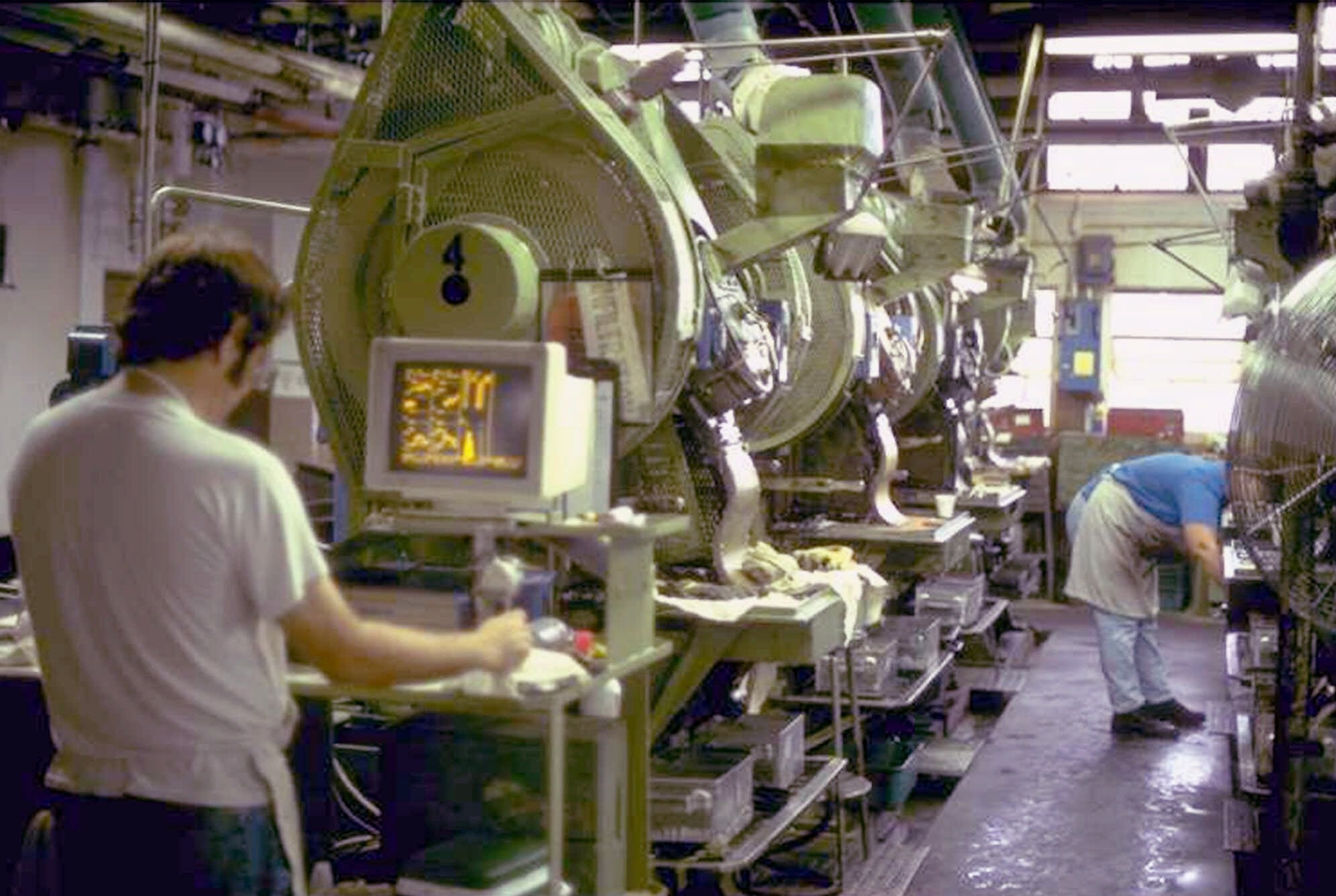KANSAS CITY, Mo. — An explosion Tuesday at a sprawling ammunition plant near Kansas City, Missouri, killed one worker and injured four others, the U.S. Army said.
The blast happened at the Lake City Army Ammunition Plant in Independence, just east of Kansas City. Army officials said the explosion occurred in a building where chemicals are mixed and that it has been secured and rendered safe, allowing investigators to begin looking into what caused the blast. The Bureau of Alcohol, Tobacco, Firearms and Explosives will lead the investigation.
All the nearly 1,800 employees at the plant were sent home Tuesday after the explosion and were told to call in before returning to work Wednesday. The four injured workers were evaluated at the scene and declined additional treatment, officials said.
The 77-year-old plant, created to help arm the U.S. military effort in the run-up to World War II, sits on nearly 4,000 acres and is the first of a dozen Army small-arms factories. The plant makes small-caliber ammunition and tests its reliability, and it operates the NATO test center.
The plant has undergone hundreds of millions of dollars in upgrades since the mid-2000s. The property has more than 400 buildings and nine warehouses, and has a storage capacity of more than 700,000 square feet.
Its workforce includes 29 Department of Army civilians and a soldier to provide contract oversight. It has a governmental staff payroll of $2.9 million.
Lt. Col. Eric B. Dennis, commander of the plant, offered his condolences to family members of the employee who died.
"Making ammunition is dangerous work and our employees risk their lives to protect the men and women in uniform," Dennis said. "This is the sacrifice they make to support our country and I am humbled by the ultimate sacrifice this employee made today."
The plant's own fire brigade responded to the explosion.
The U.S. Department of Labor's Occupational Safety and Health Administration was sending some of its workplace safety experts to investigate, said Scott Allen, a Chicago-based spokesman for OSHA.
The plant is operated by Dulles, Virginia-based contractor Orbital ATK, the biggest maker of small-caliber ammunition for the U.S. Department of Defense. Since 2000, Orbital has produced more than 17 billion rounds of small-caliber ammunition at Lake City for military purposes.
Jim Nickels, vice president and general manager of Orbital ATK, said the explosion happened in a building where workers mix chemicals into the primer that goes into all small-caliber munitions.
Orbital announced Monday that it has received a $92 million order from the Army for 5.56 mm and 7.62 mm ammunition, adding that Orbital and the Army "have made significant upgrades at the facility in recent years that have enhanced product quality; and performance, efficiency and operational improvements for safety and environmental stewardship."
Orbital has roughly 12,500 employees in 18 states and in several international locations.

Workers at the Lake City Ammunition Plant, in Independence, Mo., check the quality of 7.62 millimeter bullets with a gauge hooked to a computer system in this undated photo.
Photo Credit: Courtesy of Lake City via The Examiner/AP
The plant has faced problems in the past. In 2011, six people were injured in an explosion there. Alliant Techsystems, or ATK, was the contractor operating the plant at the time.
OSHA fined the plant for workplace safety issues in 2008, 2011 and 2012. The largest penalty paid was in 2011 when then-operator Alliant ATK was initially fined $28,000 and paid $5,600 after OSHA cited it for "serious" issues with process safety management of hazardous chemicals.
In 1987, the Environmental Protection Agency added the plant to its list of hazardous waste sites that most needed cleanup.





